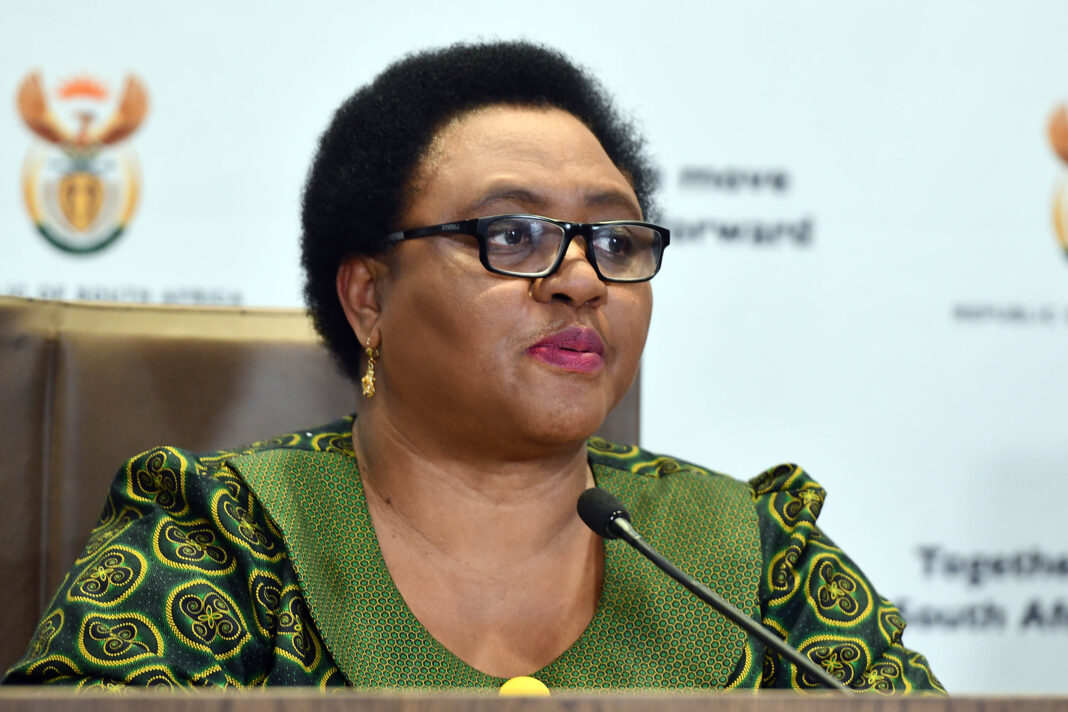By Johnathan Paoli
A multi-party delegation representing the South African Parliament attending the 150th Inter-Parliamentary Union (IPU) Assembly has voiced strong concern over the ongoing marginalisation of women in global peace processes.
The multi-party delegation led by National Assembly Speaker Thoko Didiza called for urgent and concrete actions to ensure women’s full, equal and meaningful participation in peace-building efforts.
Speaking at the high-level gathering, the delegation noted with alarm that no women’s groups were signatories to any peace agreements in 2023.
They described this as a significant setback, particularly in light of extensive research showing that peace agreements are more durable and inclusive when women are involved in their negotiation and implementation.
“There is a global consensus that women’s participation in peace processes leads to more sustainable outcomes. Yet we continue to see their exclusion from critical decision-making roles. This must change,” Didiza said.
While acknowledging countries that have made strides in promoting women’s inclusion in peace-making, the delegation stressed that symbolic gestures were no longer enough.
They proposed that parliaments worldwide pass legislation requiring the inclusion of women in peace envoy teams and negotiation delegations.
This could include the introduction of quotas or other affirmative action measures to ensure gender parity.
In addition to legislative reforms, the South African delegation emphasised the importance of establishing monitoring mechanisms to track women’s participation in peace processes and assess the impact of their contributions.
The delegation said that accountability was key, and would ensure that women were not just present, but that their voices were heard and their impact measured.
To support meaningful participation, the delegation further called for dedicated resources to fund training and capacity-building programmes.
These initiatives would equip women with the tools, knowledge and confidence required to take on influential roles in conflict resolution and peace building.
Didiza said that Parliament’s stance reflected its broader commitment to gender equality and inclusive governance, both domestically and on the global stage.
The delegation underscored that peace could not be fully achieved or sustained when half the population is excluded from the process.
“Peace is not just the absence of conflict. It is the presence of justice, equality and shared power. Women must be at the centre of that vision,” she said.
The 150th IPU Assembly, bringing together legislators from around the world, serves as a critical platform for shaping global parliamentary responses to pressing challenges, including conflict resolution, democracy and human rights.
INSIDE POLITICS

